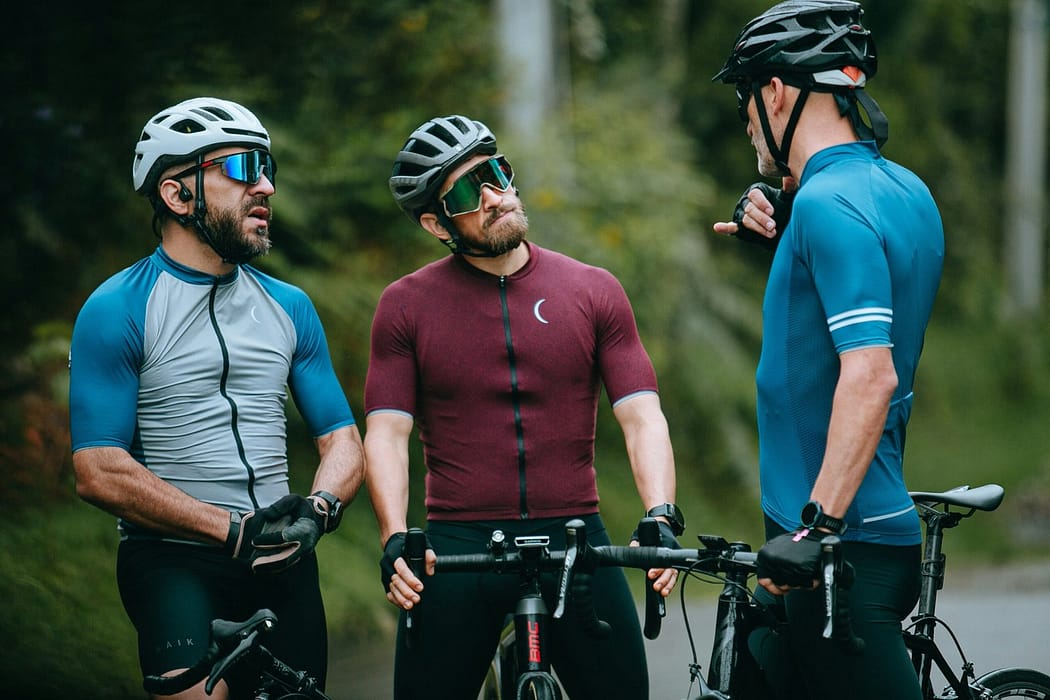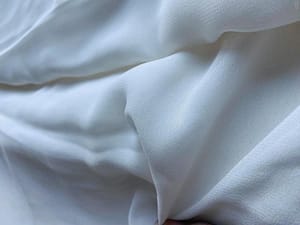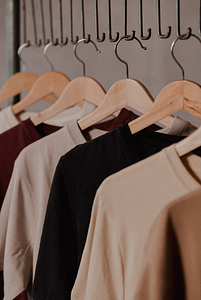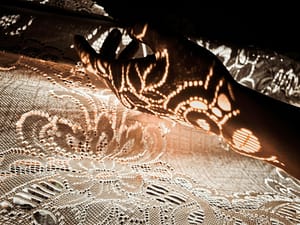Introduction
Elastic yarns are the backbone of modern sportswear, giving garments the stretch, recovery, and comfort athletes and active individuals expect. Whether it’s a runner’s tights, a cyclist’s jersey, or a swimmer’s suit, the right elastic yarn ensures the clothing moves with the body, retains its shape, and withstands repeated use.
Among the many elastic yarns available, Spandex, Creora, and ROICA stand out as leading options in the global market. Each offers unique characteristics, from high stretchability to chlorine resistance and eco-friendly innovations. Understanding their differences is key to selecting the best yarn for a specific sportswear application.
Understanding Elastic Yarns in Sportswear
Elastic yarns are engineered fibers designed to stretch significantly and return to their original length without losing structural integrity. This elasticity is achieved through their polymer composition, which allows the molecular chains to extend under tension and then contract when released. In sportswear, this property is crucial for achieving garments that move seamlessly with the body, provide gentle compression, and maintain their shape over time.
In practical terms, elastic yarns are rarely used alone. They are typically blended with other fibers—such as polyester for moisture-wicking, nylon for durability, or cotton for softness—creating fabrics that balance performance and comfort. This blending allows designers to fine-tune properties like stretch direction (two-way or four-way), weight, and texture, depending on the sport or activity.
The right elastic yarn can also influence performance outcomes: improved range of motion in yoga wear, reduced muscle fatigue in compression gear, or enhanced water resistance in swimwear. Beyond function, elasticity plays a role in fit aesthetics, ensuring sportswear looks sleek, retains its form, and resists bagging even after rigorous use and repeated washing.
The Big Three Elastic Yarns
Spandex
Spandex, also known as elastane or Lycra (a popular brand name), is a synthetic fiber celebrated for its exceptional stretch—often up to five times its original length—and excellent recovery. Its lightweight, smooth texture makes it ideal for blending with other fibers to create performance fabrics.
In sportswear, spandex is prized for providing a close, body-contouring fit without restricting movement. It resists wrinkles, dries quickly, and holds up well under repeated stretching, making it a staple in leggings, compression garments, swimwear, and athletic tops.

Creora
Creora is a premium elastane brand developed by Hyosung, a leading South Korean textile manufacturer. It offers a range of specialized elastic yarns designed for performance and durability in sportswear. Creora fibers are known for their excellent stretch and recovery, long-lasting elasticity, and enhanced resistance to heat, sweat, and chlorine.
Different product lines within the Creora family address specific needs—such as Creora Highclo for superior chlorine resistance in swimwear or Creora eco-soft for softer, more sustainable stretch fabrics. This versatility makes Creora a top choice for brands producing activewear, swimwear, and fitness apparel that require both comfort and longevity.

ROICA
ROICA is a premium stretch fiber brand developed by Asahi Kasei in Japan, recognized for combining advanced elasticity with comfort and sustainability. ROICA fibers deliver consistent stretch and smooth recovery, making garments feel soft yet supportive during movement.
One of ROICA’s key strengths lies in its innovative product lines—such as ROICA EF, made from recycled materials, and ROICA V550, which offers biodegradability without compromising performance. This makes it particularly attractive for sportswear brands focused on eco-friendly production. ROICA is commonly found in yoga wear, athleisure, swimwear, and technical sports apparel where both high performance and environmental responsibility matter.
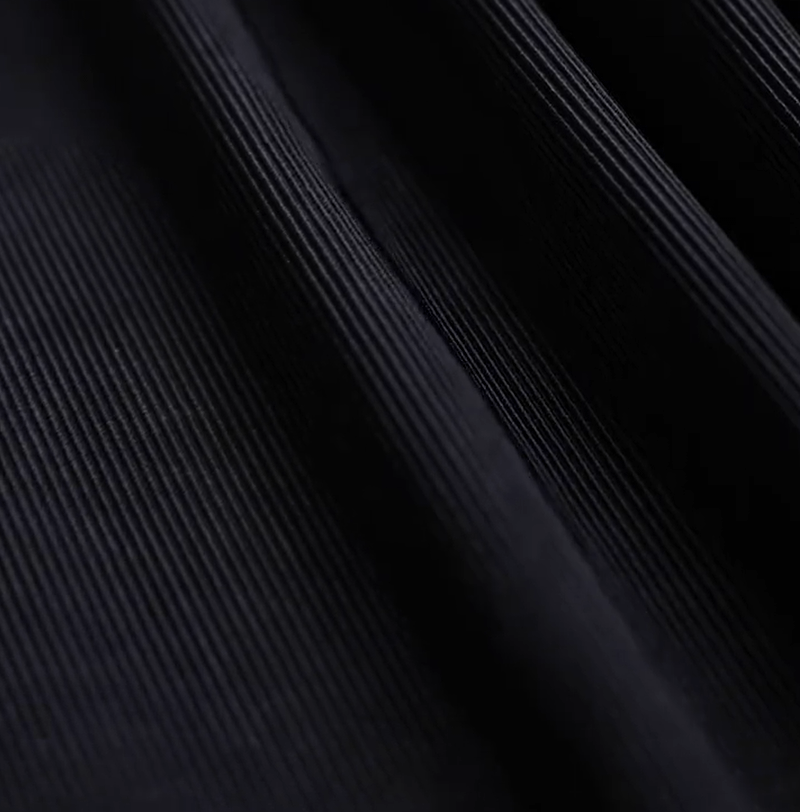
Key Selection Criteria
Selecting the right elastic yarn for sportswear goes beyond just stretch—it involves evaluating multiple performance and practical factors:
- Stretch and Recovery Performance – The yarn should provide the necessary elasticity for the intended activity while snapping back quickly to maintain the garment’s original shape. This ensures a consistent fit and prevents sagging, especially important in compression gear or fitted activewear.
- Resistance to Sweat, Heat, and Chlorine – Sportswear is frequently exposed to sweat, sun, and water. Yarns with high resistance prevent degradation, discoloration, or loss of elasticity. For example, swimwear requires chlorine-resistant fibers, while running or gym apparel benefits from heat- and sweat-resistant options.
- Comfort and Fabric Feel – The softness, smoothness, and breathability of the yarn affect wearer experience. A fabric that is too stiff or rough can irritate the skin, whereas a well-balanced blend delivers both stretch and comfort for prolonged use.
- Sustainability Options – Eco-conscious consumers are increasingly important in sportswear markets. Some elastic yarns, like ROICA EF or Creora eco-soft, use recycled or biodegradable materials, allowing brands to reduce environmental impact without compromising performance.
- Cost and Market Positioning – The choice of yarn impacts production costs. Premium fibers like ROICA or specialized Creora lines can justify higher pricing for performance or eco-friendly positioning, while standard spandex may suit mass-market or budget-conscious collections.
- Longevity and Durability – A high-quality elastic yarn resists pilling, fraying, and loss of elasticity over time, which is crucial for garments meant for frequent use and washing.
- Application-Specific Features – Some yarns offer specialty benefits like UV protection, anti-microbial treatment, or enhanced moisture management, which can be decisive depending on the sportswear category.
Comparison Table: Spandex vs. Creora vs. ROICA
| Feature / Yarn | Spandex | Creora | ROICA |
|---|---|---|---|
| Stretch & Recovery | Excellent, up to 5x original length | High, durable stretch and recovery | Excellent, consistent recovery, soft stretch |
| Durability | Good, resists wear and washing | Superior, long-lasting elasticity | High, maintains elasticity over time |
| Resistance | Moderate; basic sweat and heat resistance | Enhanced resistance to chlorine, heat, and sweat | Excellent, including chlorine and UV resistance |
| Comfort / Softness | Smooth but can vary depending on blend | Soft, comfortable, especially in eco-soft line | Very soft, smooth feel; suitable for sensitive skin |
| Sustainability | Limited standard options | Eco-friendly variants available (eco-soft) | Strong focus on sustainability (ROICA EF, biodegradable options) |
| Special Features | Lightweight, versatile | High-performance lines for specific uses | Advanced stretch technology, eco-conscious innovation |
| Common Applications | Leggings, compression wear, swimwear | Activewear, swimwear, performance sportswear | Yoga wear, athleisure, swimwear, technical sportswear |
| Cost Level | Low to moderate | Moderate to premium | Premium |
| Brand Reputation | Widely recognized, generic availability | Known for specialized performance yarns | Recognized for quality and eco-innovation |
How to Choose the Right Elastic Yarn
Selecting the most suitable elastic yarn involves balancing performance, comfort, and budget. Here are some practical guidelines:
- Assess the Activity Requirements – Determine how much stretch, recovery, and durability the garment needs. High-intensity sports demand fibers with strong recovery and resistance to sweat and chlorine, while casual athleisure allows more flexibility in yarn choice.
- Consider the Fabric Blend – Elastic yarns are usually combined with other fibers. Match the yarn with polyester, nylon, or cotton to achieve the desired texture, moisture management, and durability.
- Factor in Comfort and Fit – For garments worn close to the skin, softness and smoothness are key. ROICA and Creora eco-soft lines excel in providing a gentle feel without sacrificing elasticity.
- Weigh Sustainability and Brand Values – Eco-conscious consumers increasingly expect sustainable choices. ROICA EF or Creora eco-soft allow brands to highlight environmental responsibility.
- Balance Cost and Quality – High-performance or premium yarns add cost but can justify higher pricing and brand positioning. Evaluate whether standard spandex, Creora, or ROICA best fits your production budget and product strategy.
This approach helps designers and manufacturers make informed choices based on the garment’s functional needs, wearer comfort, and market positioning, rather than just the type of sportswear.
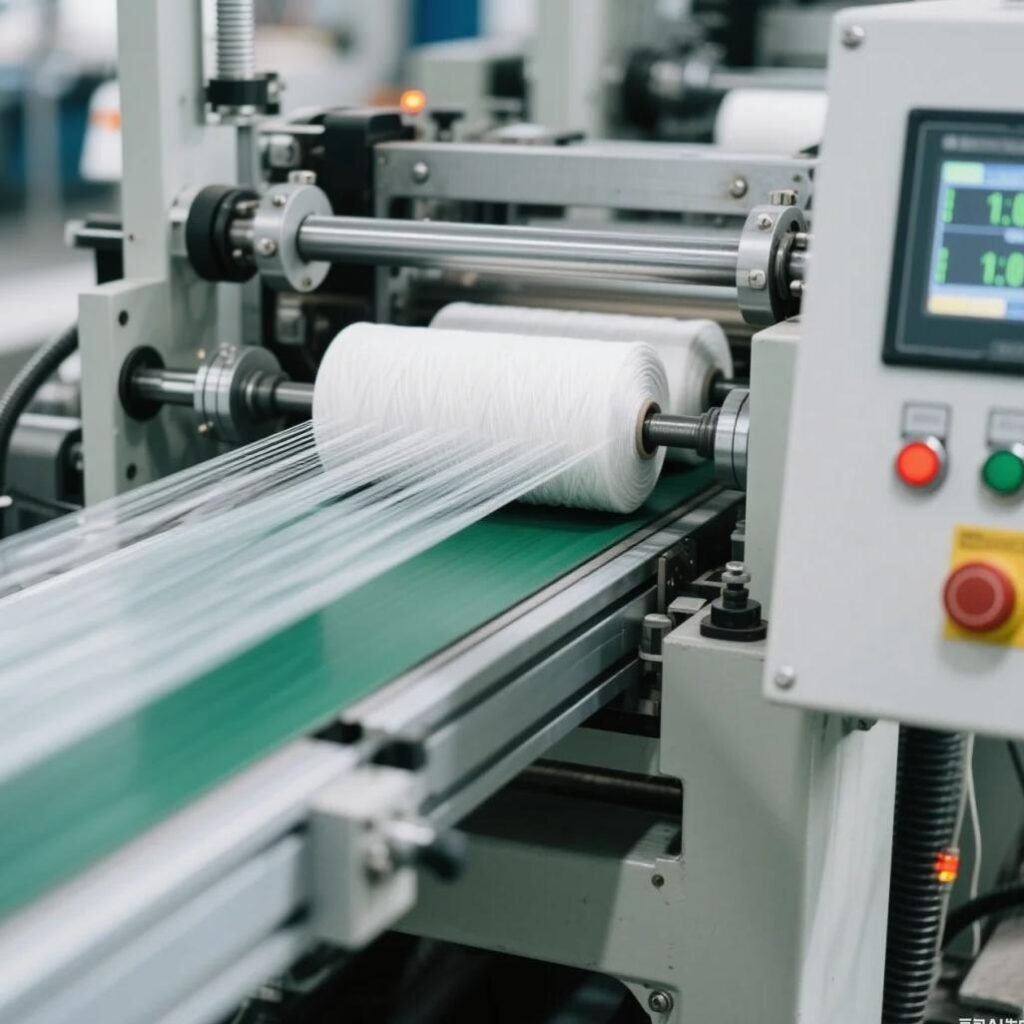
Conclusion
Elastic yarns play a vital role in sportswear, influencing comfort, fit, durability, and overall performance. Spandex, Creora, and ROICA each offer unique strengths—from cost-effective versatility to high-performance elasticity and eco-friendly innovation.
Selecting the right yarn involves evaluating stretch and recovery, resistance to sweat and heat, comfort, sustainability, and cost. Making informed choices ensures the sportswear not only performs well but also aligns with brand standards and consumer expectations.
For manufacturers and designers seeking expert guidance in sourcing and integrating elastic yarns into sportswear collections, GOPHERWOOD provides professional support, high-quality materials, and tailored solutions to streamline production and elevate product performance. Partnering with experienced suppliers ensures reliable outcomes from design to market-ready garments.

